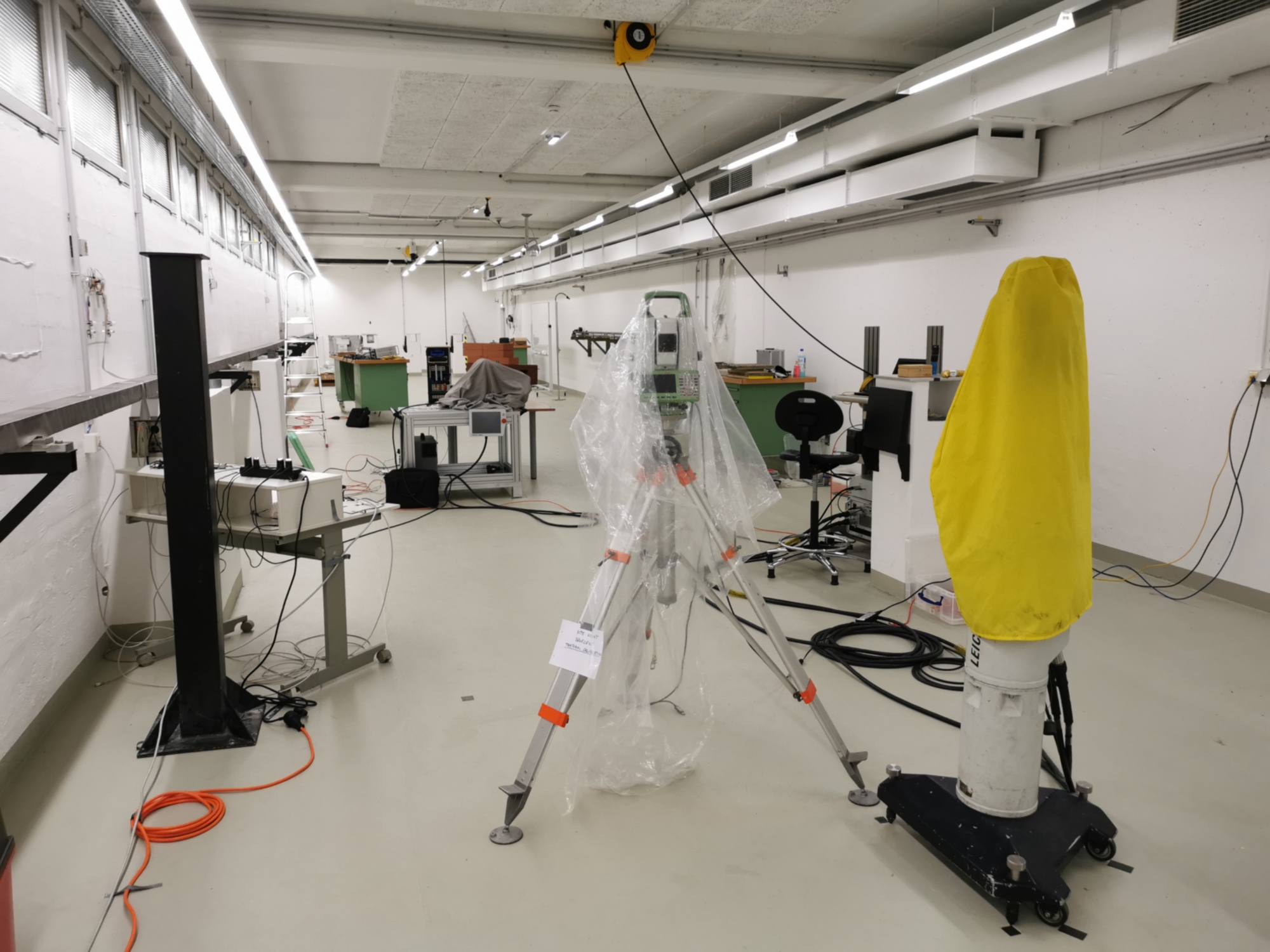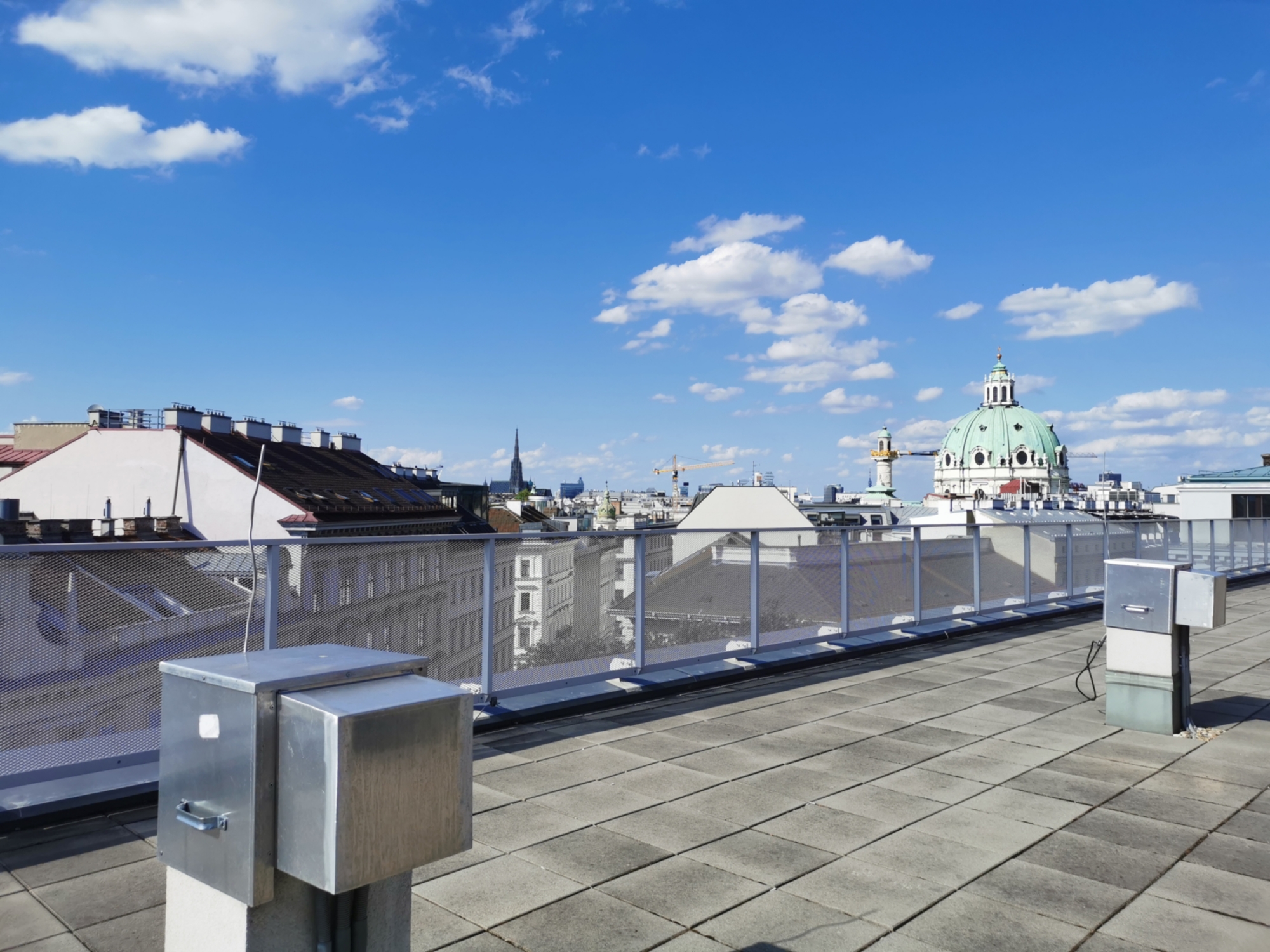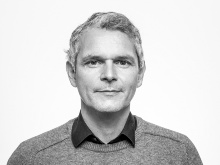Otto Lerke is the first outgoing IntCDC researcher to receive a Mobility Grant within the IntCDC International Research Programme. In a short interview, he talks about his research programme at the TU Vienna and provides valuable insights for future researchers to join the IntCDC International Research Programme.
How did you learn about the IntCDC International Research Programme?
From IntCDC Collaboration & Knowledge Transfer section and from personal talk with Michaela Mey.
What do you hope to achieve from the IntCDC International Research Programme, personally and scientifically?
Personally: to discover a new city, to get to know new colleagues, to experience of working in different teams (Prof. Neuner and his group), and to experience different working methods.
Scientifically: to learn how to apply existing methodology to own scientific questions and how to adapt existing experimental setups to own-used instrumentation of differnt type/manufacturer as this the experiment is made for.
Tell us a a bit about your research focus and how the exchange programme contributes to your research.
The research exchange took place at the Technische Universität (TU) Wien, Department of Geodesy, subdivision Engineering Geodesy, from July 5th until July 25th 2021, under supervision of Prof. Dr.-Ing. Hans Neuner. The researcher on the working level was Manuel Zechner. The overarching goal was the determination of the overall temporal failure budget of the robotic total station (RTS) network, consisting of four, spatially distributed, RTSs. Each RTS (Sensor) is influenced by temporal synchronisation issues between a) different sensor sub-systems (intrinsic) and b) between the sensors itself (extrinsic). The synchronisation is depending on the quality of the timer (trigger signal) as well as on different measurement time durations of the sensor sub-systems, e.g. the RTS distance measurement takes a longer period of time than the angle measurement. On the other hand, the position calculation from RTS data results from a combination of angle and distance measurements. Thus, the sensor’s accuracy is dependent on the synchronisation quality. As a consequence, the synchronisation is of main relevance for kinematic applications as in the case of the spider crane operation for automatic assembly processes in IntCDC's RP 16, where the assembly itself must be performed with a certain accuracy. Timing accuracy implies position accuracy (valid for uniform movements): σs=σt∙v
Goals
– determination of the impact of the synchronisation error on position accuracies
– development of a correction model respectively derivation of model parameters
– attachment of the model parameters on measurement equations
– model validation


What was the reason for choosing our partner university TU Wien?
The research division of Prof. Neuner and his team has developed a methodical approach for tempral calibration, which has been published in several scientific journals (Thalmann and Neuner 2021, Thalmann and Neuner 2018). The approach is based on the usage of the Network Time Protocol (NTP) and is subdivided into three parts: temporal calibration, sensor board synchronisation and controller synchronisation.
How did you like Vienna, what is your personal highlight?
Vienna is a great city, full of interesting people and overwhelming sights. Personal highlights were the Hofburg, the 1st District, the Donau channel and its river bank night activities, and the Ringstrasse, course of former medieval city walls and today's splendid boulevard.
What are your recommendations for an IntCDC International Research Programme, what is important to know as a researcher?
Good preparation of the working steps of the scientific project, especially the consideration of the time consumption for the planned activities.
Thank you Otto Lerke, we hope you enjoyed your stay!
The IntCDC International Research Programme facilitates international collaboration and exchange of researchers on a scientific level. Funding and scholarships are provided for an invitation to incoming researchers from the cooperating institutions to participate in research stays. In addition, the programme offers outgoing IntCDC researchers the opportunity to collaborate with our international partners.
Further information (application and deadlines):
IntCDC International Research Programme and the IntCDC Mobility Grants


